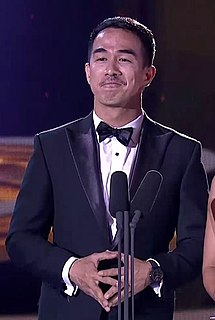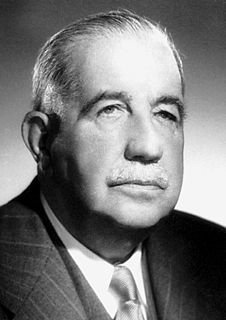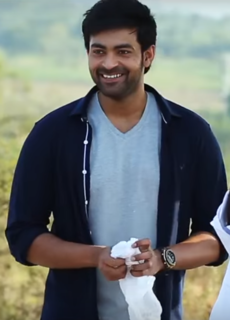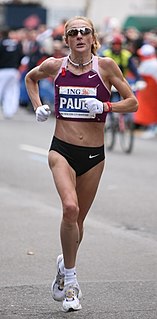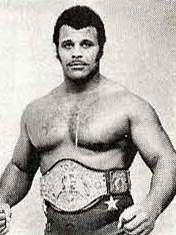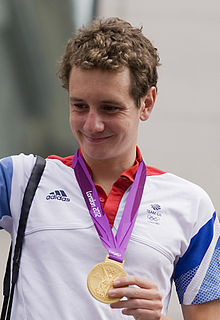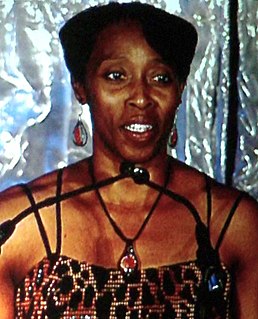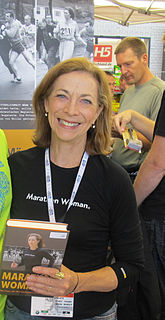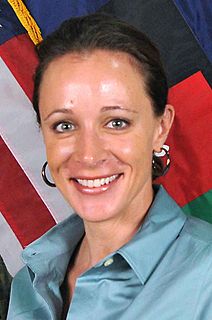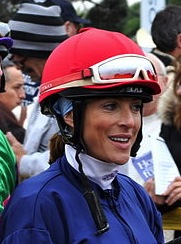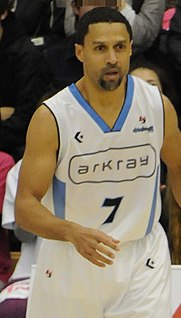A Quote by Joe Taslim
My parents wanted me to become a national athlete.
Related Quotes
When I finished the Boston race in 1967, there were two things I wanted to do. I wanted to become a better athlete because my first marathon was 4:20. In those days, that was considered a jogging time and I knew people were going to tease me. But I was more fascinated with what women could do if they only had the chance.
The thing I wanted to focus on first was that I wanted to graduate, and (with me) coming back, I knew that I wanted another national championship. Another national championship is everyone's main goal, but we have to take it one game at a time. We can't get ahead of ourselves. We've got Washington first, then we'll see what happens.
I always wanted to be a professional athlete, it just took me a while to realise it would be in racing. I played field hockey competitively for Ontario since I was 13, 14. Then I tried for the national side and made it. But it was so competitive. The girls were just so big and strong. I was getting crushed.
